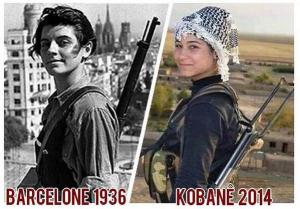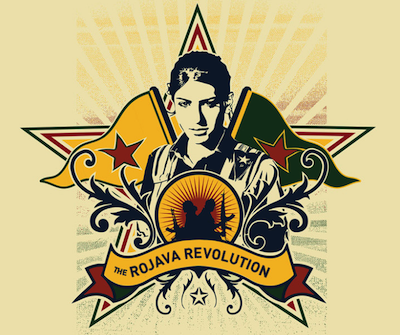 We are living in a world that for most people is broken and that has broken most people. It is not a god given world, but one that has been constructed by those in power and that has left most people mired in deprivation. Under COVID-19, this world has sunk to new lows.
We are living in a world that for most people is broken and that has broken most people. It is not a god given world, but one that has been constructed by those in power and that has left most people mired in deprivation. Under COVID-19, this world has sunk to new lows.
All is not lost though. There has historically been a section within the progressive movement – in different parts of the world and in South Africa – based around forms of radically democratic socialism that has not only tapped into the righteous anger of the working class, but has also sought to create a home and sense of belonging for people based on progressive values and principles such as mutual aid, solidarity and even love. If we want a better world, we need to revive the popularity of the types of politics, ethics, values, principles and practices that formed the essence – at their best – of such movements and update it for the context of the 21st century.
 The ongoing capitalist crisis, and the impacts of COVID19, have made it clear that the capitalist and state system we live under is neither efficient nor just. Inequality has hit record levels and a small elite has more wealth than ever, while the very basics – such as a decent healthcare, water, housing, sanitation, food and electricity – cannot be effectively financed, run nor delivered. Politicians in every state abuse their power too and corruption is rife, only its severity varies. Parliamentary democracy is largely hollow with a majority of people having no real political power. The oppression of women and people of colour continues unabated and imperialism deepens everyday. Due to the ever-expanding nature of capitalism the ecology is on the verge of collapse. It is clear a movement for change and an alternative to capitalism and the state system is needed.
The ongoing capitalist crisis, and the impacts of COVID19, have made it clear that the capitalist and state system we live under is neither efficient nor just. Inequality has hit record levels and a small elite has more wealth than ever, while the very basics – such as a decent healthcare, water, housing, sanitation, food and electricity – cannot be effectively financed, run nor delivered. Politicians in every state abuse their power too and corruption is rife, only its severity varies. Parliamentary democracy is largely hollow with a majority of people having no real political power. The oppression of women and people of colour continues unabated and imperialism deepens everyday. Due to the ever-expanding nature of capitalism the ecology is on the verge of collapse. It is clear a movement for change and an alternative to capitalism and the state system is needed.

 In this education series we look at experiments, which have arisen through working class struggles, to create alternatives to capitalism. This will include looking at present and past alternatives to capitalism. In doing this, we are not saying these experiments should be carbon copied – they have often taken place in very different times and contexts.
In this education series we look at experiments, which have arisen through working class struggles, to create alternatives to capitalism. This will include looking at present and past alternatives to capitalism. In doing this, we are not saying these experiments should be carbon copied – they have often taken place in very different times and contexts.